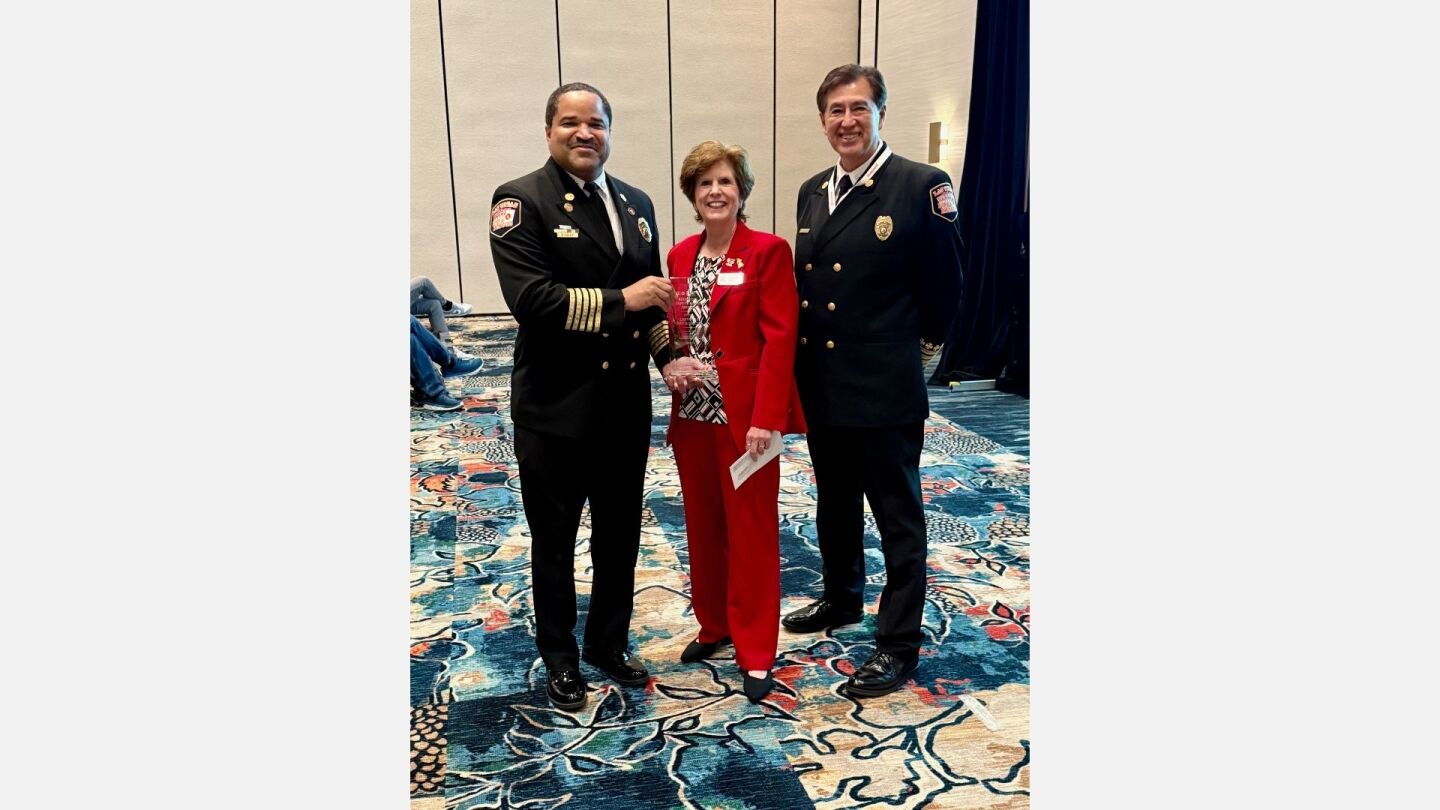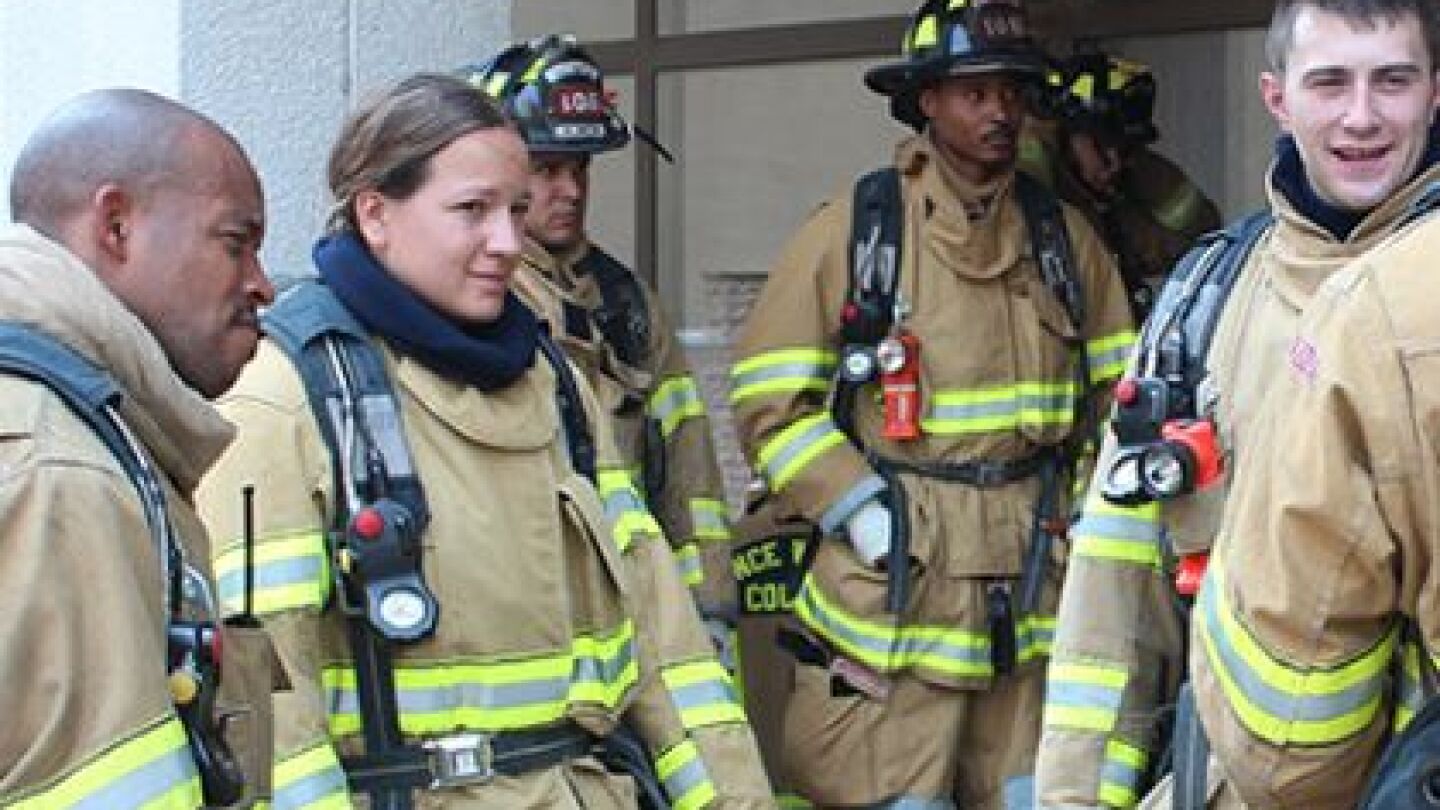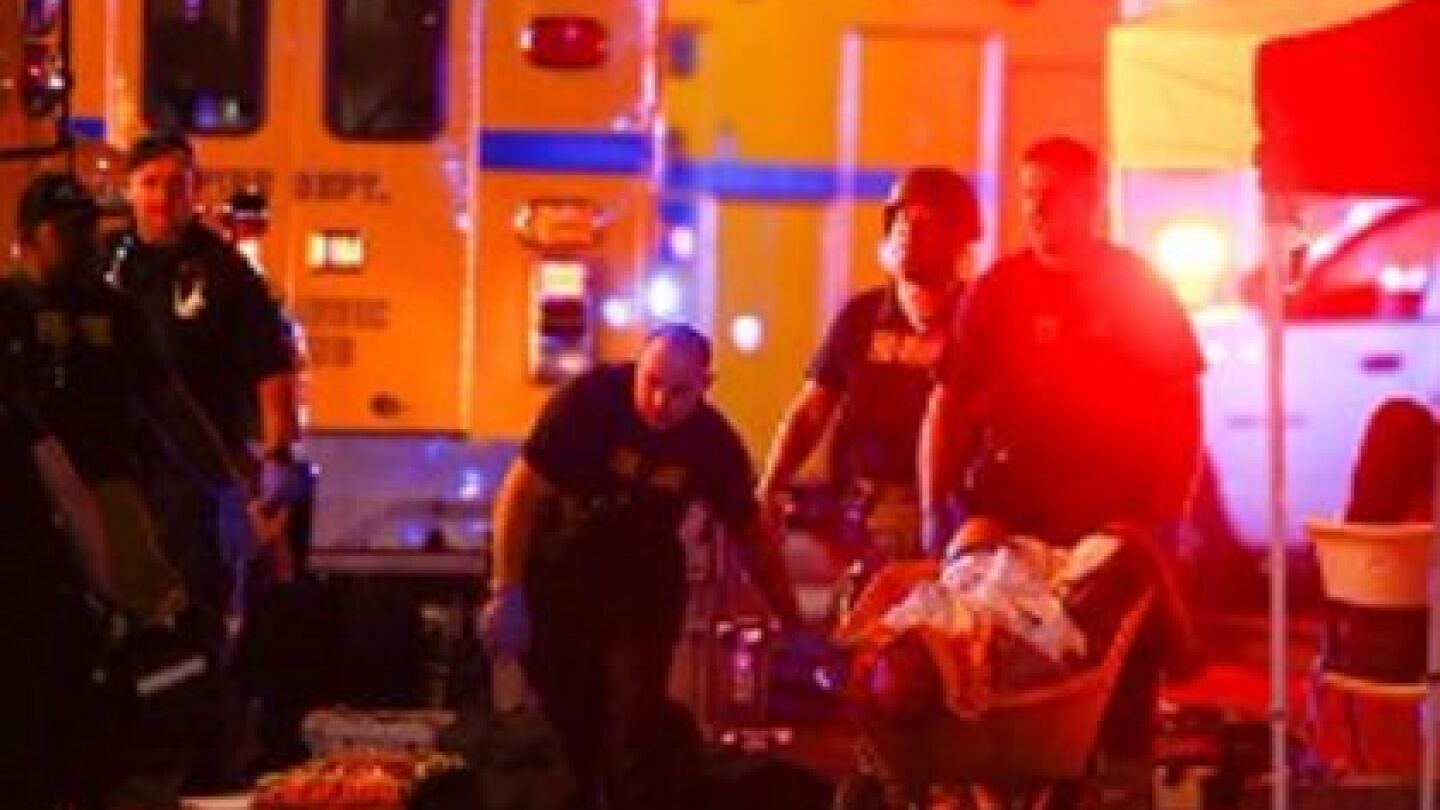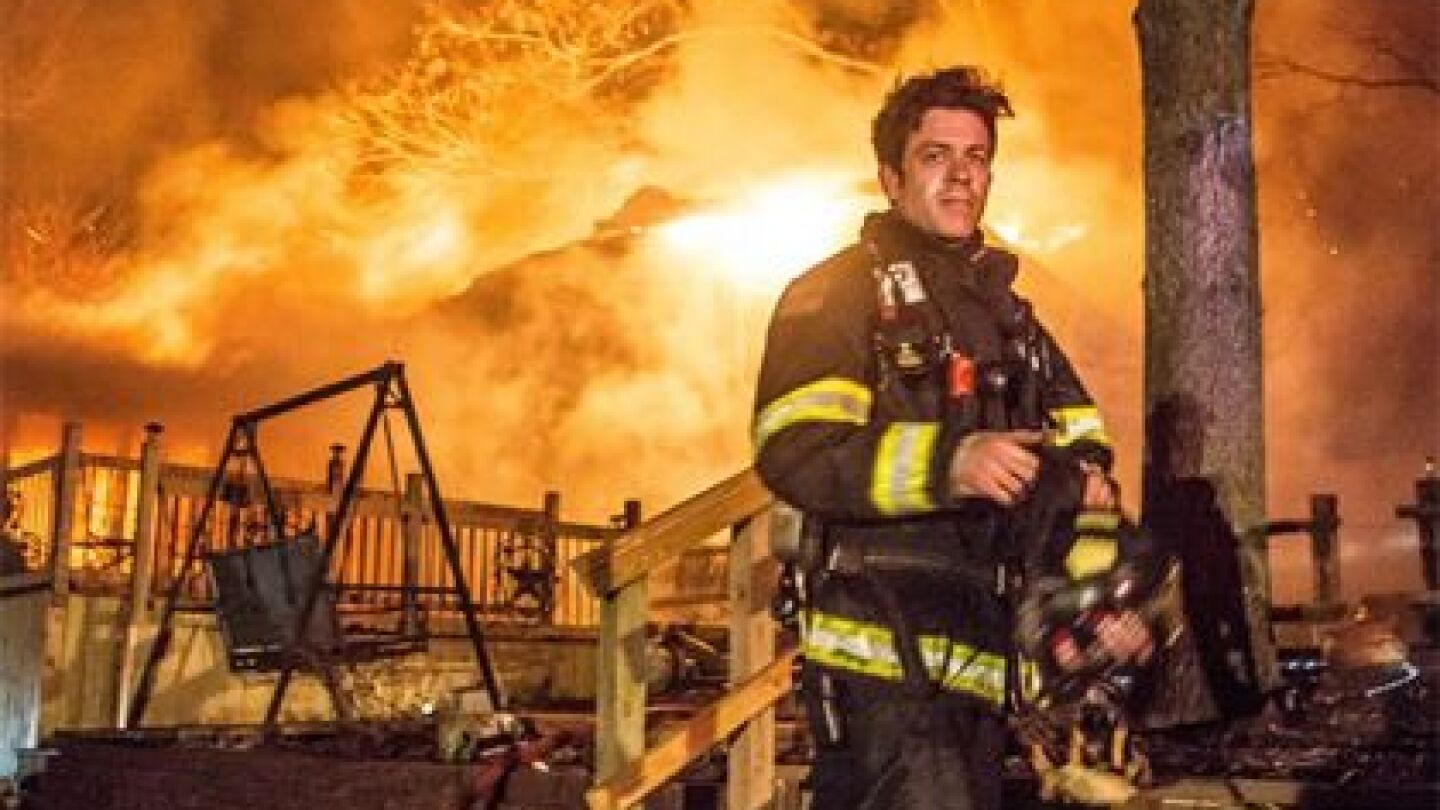National Fire Protection Association (NFPA)
The National Fire Protection Association is a global self-funded nonprofit organization devoted to eliminating death, injury, property and economic loss due to fire, electrical and related hazards. The NFPA delivers information and knowledge through more than 300 consensus codes and standards, research, training, education, outreach and advocacy. The FireRescue1 NFPA topic includes articles and exclusive columns and videos about NFPA certification, standards and updates you need to know.
From this year’s theme to evergreen materials to share with your community, here’s your complete guide to Fire Prevention Week — past, present and future
Las Vegas Fire & Rescue and Stouffville Fire & Emergency Services have been recognized for promoting residential fire sprinkler safety and educating communities using NFPA and HFSC resources
Learn what the coming changes mean for your department’s gear and air management program
A total of 60 U.S. firefighters died in the line of duty in 2017 – a number that represents the lowest total since 1977
In theory, automatic aid sounds like it would benefit all departments and jurisdictions involved, but that may not always be the case
Changing the way we approach on-scene firefighter rehab can help protect firefighters from exposure to carcinogens while removing their PPE
Your firefighter boots require inspection and cleaning, just as thorough as the rest of your turnout gear
NFPA 3000 isn’t a tactical document or a policies and procedures manual; it’s a framework to develop programs that integrate planning, response and recovery to active shooter hostile events
Chemical exposure, repeated cleaning and overall wear to firefighter turnout gear needs to be measured and tracked to know when it’s time to retire PPE
Understand your specific needs and how they align with existing requirements and vendor claims to identify the right solution to remove contaminants from turnout gear
Conduct a personal 360 size-up to evaluate how your behavior contributes to the success of the mission
The standard includes guidance on unified planning, response and recovery guidance and civilian and responder safety considerations
The National Fire Protection Association and ASTM International signed a Memorandum of Understanding to support a joint working group of public safety experts
The 2018 revision of NFPA 1917 Standard focuses attention on the importance of firefighter hoods
FEMA opens the SAFER grant application period for career, combination and volunteer firefighter recruitment assistance
Potential NFPA revisions propose more frequent cleaning of any firefighter gear worn at an active fire
Take this quiz to see how well you know tactics, terminology and tools used in residential structure fires
Firefighters are selecting lace-to-toe boots to provide better support while fighting wildfires and structure fires
The James M. Shannon Advocacy Medal recognizes outstanding efforts of people taking a firm stance on fire safety issues
The proposed NFPA 3000 standard provides a framework to help shape the emergency response models of communities across the United States
NFPA 3000, Standard for Preparedness and Response to Active Shooter and/or Hostile Events, was processed as a provisional standard
New technology allows fire departments to get more operational capability out of less fire apparatus, keeping up with a changing scope and decreased staffing
Balancing different committee recommendations, integrated equipment and technological advances in personal protective equipment
Here’s the firefighting equipment and PPE you need to be safer, more effective and more efficient when combating wildland fires
LION president Stephen Schwartz said the elevated cancer risk “derives from the hazardous substances produced by the fire, not the turnout gear that protects firefighters”
The force exerted by a fire hose nozzle can limit a firefighter’s rate of water application, increase air consumption rate and is responsible for thousands of injuries annually
Fire and EMS agencies owe their crews, and the citizens they serve and protect, competent fire apparatus and ambulance driver/operators
The Policy Institute will study a range of issues and provide guidance to policymakers on how to improve citizen safety
Proper PPE and cleaning measures are necessary to protect firefighters wading through chemicals, biological biohazards and disease-causing microorganisms
NFPA 1851 is being revised, and early proposals would make it more clear how fire departments should clean contaminated PPE
Educating firefighters about responding to emergencies including electrolyte releases, overheated batteries, fires and environmental events involving ESS
Use task books to document, evaluate and improve apparatus driver training and operational skills
MOST POPULAR
- Situational awareness at structure fires: 4 questions to guide decision-making
- Smart selections: How the new NFPA 1970 could change the turnout gear equation
- Key takeaways on how changes in the new NFPA standards for turnout gear and SCBA will affect the fire service
- Firefighter injuries: The role of PPE in prevention and protection
- Winecoff Hotel fire: A catalyst for modern life-safety codes



























